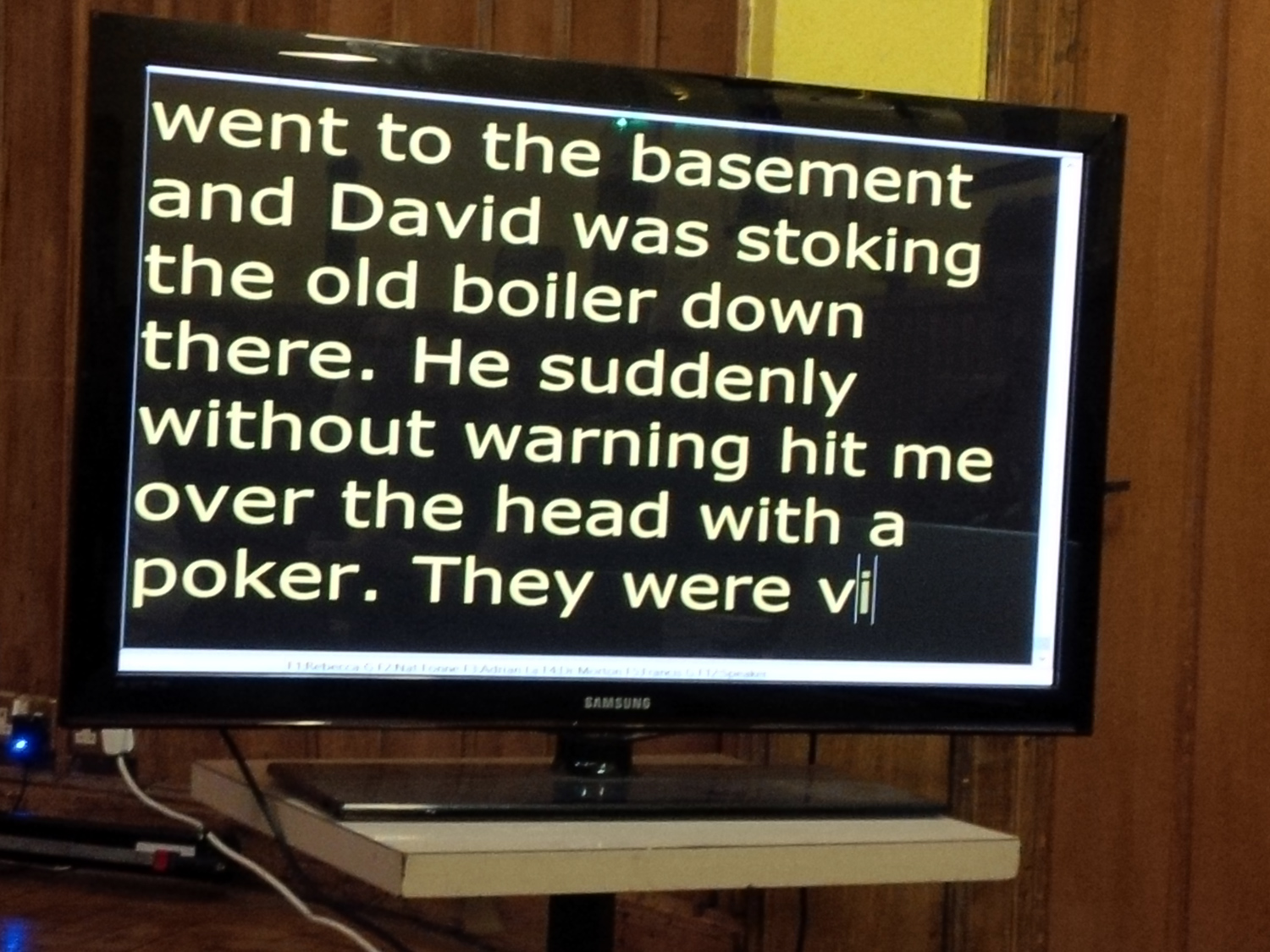Revisiting Laing
Reflections on Laing in the 21st century
A reading group on the dissident psychiatrist at the Claremont Project
Islington London 2015

'Insanity - a perfectly rational adjustment to an insane world', a R. D. Laing quote from Rebecca Greenslade who brought together the reading group. 5 meetings in as many months made for an intriguing space for differing ways of reading all our psychotic symptoms via Laing's writing.
The meetings covered The Divided Self 1960, Sanity Madness and the Family 1964, The Politics of Experience 1967 and Knots 1970 and ended with a screening of Asylum at Kingsley Hall. Filmed by Peter Robinson, Asylum documented the reality of everyday life at another experimental co-habitation space in Archway set up by the Philadelphia Association, not dissimilar to Kingsley Hall where residents could 'live on equal terms in a sort of therapeutic alliance'.
To see the domestic scenes there acting out against the background of a 70s London, Ford Anglias, streets without yellow lines somehow felt like seeing a pared-down reality. The residents seem quaint and even homogeneous without all the pre-figuring complications of today's social complexities, gender fluidity, cultural diversity, etc.
That said we have in our times a renewed social intolerance of those who trespass the collective fictions that bind us. To punish those who suffer in their deviation 'not because they suffer but because they are insufferable'.

Laing and the anti-psychiatry movement sought to expose the institution of the family as the persecutor that both produced and dispatched so many to the brutality of the asylum. Anti-psychiatry drove at the foundations of both institutions - the family and the asylum. But in the process the asylum in its idea form, providing caring sanctuary from violence, inner and outer, has waned dangerously in the collective imagination not merely through the ideas of anti-psychiatry but the progressive relapse of state responsibilities.
To look back we can ask where did all the asylums go?
Thus not just in the world of psychiatry but in the greater context of the neoliberal social order, the politics of Laing's writing have a great deal of relevance across the social spectrum today. Reading Laing now feels like a process of refamiliarisation, revisiting the tribulations of the 'Laingian family' all over again in a new century that has stolen up on us.
I Remember a Time 2 page extract from the Hermeneutic Circular October 2015.



